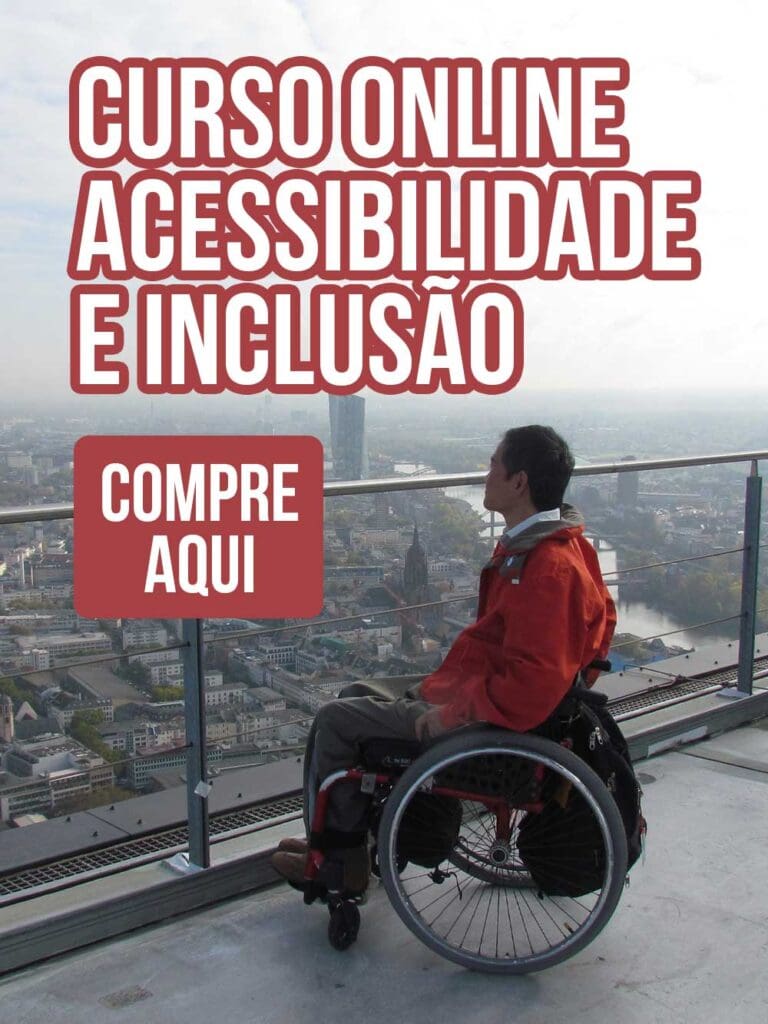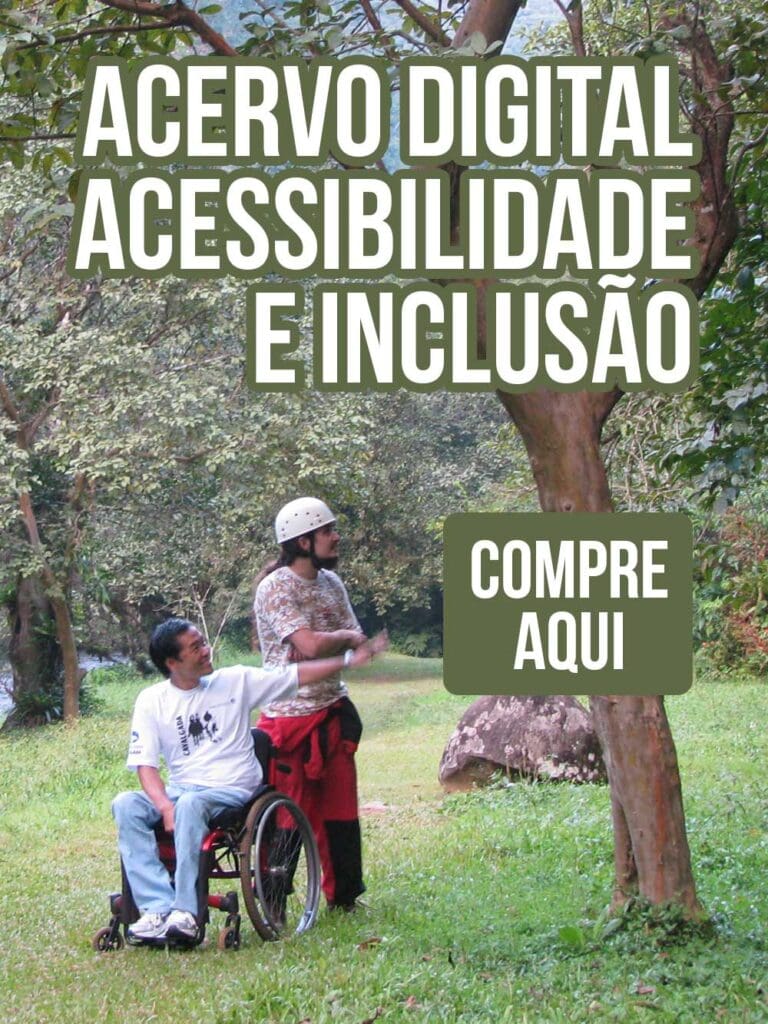Kristine Groenenboom-Newbold enjoys traveling, despite the disability that has put in her a wheelchair. But while watching travel TV shows and videos, she often is frustrated by the dearth of information about access for the disabled to those tourist destinations.
“If you call the place,” she said, “and you go, ‘Are you guys wheelchair accessible?’ They’re like, ‘Uh, we’ve got a ramp.’ OK. What does that tell me? Nothing.”
So, about a year ago, Kristine decided to create her own series and started turning her “harebrained idea” into reality.
A friend of a friend of a friend helped her meet Steven Thompson, owner of High Definition Media Inc. of Columbus. They waited to start filming until Kristine, 50, retired this summer after working 22 years as a human resources manager with the Army and Air Force Exchange Service, which operates retail and convenience stores, gas stations, restaurants, theaters and vending businesses on military installations.
Kristine and Thompson plan to market their series to travel TV networks and websites. Their first episode was a visit to Callaway Gardens, and their second was kayaking on the Chattahoochee River. Next, they are scheduled to visit the National Infantry Museum and the Columbus State University Oxbow Meadows Environmental Learning Center. They also want to film a horseback riding episode.
She is trying to raise $2,700 for the project, titled “Rollin’ with Kristine,” on www.gofundme.com.
“The idea is to laugh and have fun but also show the capabilities of a person in a wheelchair,” Kristine posted on the website. “The money is needed to pay for the filming, editing and production costs of 5 adventures. I have the crew and the idea and the abilities, I just need a little financial assistance. I promise this will be FAR BETTER than some of the stuff being aired these days!!”
Diagnosis
Kristine and her four siblings grew up mostly in Augusta, where her father, who retired as a lieutenant colonel in the U.S. Army, was stationed at Fort Gordon and she graduated from Westside High School in 1983. She also lived as a child in Germany.
At 18 months old, she started favoring one of her arms, so her mother took her to see a doctor at Fort Gordon. Multiple hairline fractures were found.
“Immediately they suspected child abuse,” Kristine said, “because that’s the standard operating procedure.”
But another doctor, who had studied a genetic disorder called osteogenesis imperfecta, made the diagnosis that saved her parents from a wrongful prosecution.
“We got lucky,” Kristine said.
OI also is known as “brittle bone disease.” To paraphrase the OI Foundation, although Kristine’s bones are fragile, her spirit is unbreakable.
“There were no support groups out there,” she said, “so we just kind of muddled through it.”
Kristine walked until age 4 or 5, when her weakened legs no longer could support her body. She has overcome scores of fractures and several surgeries to still lead an active lifestyle.
“I rode horses,” she said, then added with a laugh, “against doctor’s orders.”
Her husband, Don, chimed in, “Still do.”
Kristine laughed again. “Still do – against doctor’s orders.”
With a milder form of OI, Kristine doesn’t have the brittle teeth or hearing loss common among OI patients. Her legs are shorter than normal and more brittle than her arms, so she propels herself on the ground with her arms when she doesn’t use her wheelchair.
‘Didn’t have the look’
Kristine earned degrees in agricultural economics, a bachelor’s from the University of Georgia in 1988 and a master’s from Texas A&M University in 1991. Her goal was to be an agricultural extension officer.
“I wanted to help the farmers,” she said, but she couldn’t get a job in that field.
“I didn’t have the look they were looking for,” she said.
Asked to describe that look, Kristine paused, then said with a laugh, “Walking. To be quite frank with you, it was walking.”
But she chose not to feel sorry for herself.
“I’m not going to sit there and bash all of these different agricultural companies,” she said.
Kristine turned to Don and said with another laugh, “I kept the letters, though. Didn’t I, honey?”
She interviewed for as many jobs as she could. She finally landed one with the Exchange, first in retail.
“But the recruiter didn’t think I would be capable of doing retail, physically, because of moving merchandise and things like that,” she said. “He figured I wouldn’t be able to do that, so they stuck me in human resources.”
‘Figure out a way’
That’s the department where Kristine met Don. They have been married for 14 years. Now both retired, they live on a 4-acre farm in Cottonton, Ala. They ride horses and four-wheelers, grow vegetables and fruit, and fish on the lake.
“I’ve always said being disabled is the mother of invention,” Kristine said. “You may not do it the way everybody else does something, but you figure out a way to do it if that’s what you want to do.”
For example, she designed how to drive her car when she turned 16.
“I didn’t want the hand controls, because I have full use of my legs; I just can’t reach the pedals,” she said. “So we got extensions on the pedals.”
Her father took her to a friend’s metal shop, and he adapted her car.
“I use the right leg for the gas and the left leg for the break,” she said, “and I have pedals.”
Don feels blessed that Kristine takes him along for the ride.
“When she has a dream, nothing is going to stop her,” said Don, who now works part time in maintenance for the W.C. Bradley Co. farms. “I’m usually smart enough to get on board.”
He’s also usually smart enough to keep his nervousness about her adventures to himself.
“She’s taken a few tumbled,” he said, “so I get a little anxious, but she’s a tough lady. She lives life to the fullest. A lot of people would have given up. She goes after it.”
Advocate for the disabled
Kristine is grateful for Thompson’s expertise and interest in the project.
“He was really excited about it,” she said. “I just liked his enthusiasm – and I could afford him, which was a big factor.”
Thompson is impressed with Kristine’s “drive, her motivation, her willingness to try something regardless of her disability, and she’s funny.”
He is confident they will find a way to broadcast their project nationally.
“There’s nothing out there like this,” he said.
If they fall short of their goal, Thompson said, Kristine still could capitalize on her experience from this project.
“She could become an adviser to locations,” he said, “and help them improve their access for people with disabilities.”
Asked what she hopes to accomplish with this series, Kristine said with a laugh, “Besides fame and fortune?”
Then she added in a serious tone, “Education.”
Kristine learned and shared some lessons at Callaway Gardens. She appreciates marketing and public relations director Rachel Crumbley welcoming her suggestions to make the resort more wheelchair friendly.
“A good example of where she made a suggestion is the miniature golf course,” Crumbley said. “A little pavement in some areas, and she could have done the entire course.
Kristine also noted a chair in the handicapped-accessible guest rooms was an obstacle for her wheelchair.
“It was right near the entrance which prevented her from being able to get in the room, turn her chair and be able to shut the door,” Crumbley said. “We moved the chair to the other side of the bed, and she approved. I then called the director of housekeeping to explain Kristine’s suggestion and asked her to make sure all of the chairs in the handicapped-accessible rooms were corrected.”
Crumbley called Kristine “a fireball of energy, quick-witted and matter-of-fact about her abilities. I love that she is so willing to share her story to inspire others.”
Kristine summed up her philosophy of advocating for the disabled this way: “My minority is the only one everybody can join at any time in your life.”
Mark Rice, 706-576-6272. Follow Mark on Twitter@MarkRiceLE.
ONLINE ONLY
To view a video of Kristine Groenenboom-Newbold, click on this story at www.ledger-enquirer.com.
ABOUT OSTEOGENESIS IMPERFECTA
Osteogenesis imperfecta (OI) is a genetic disorder characterized by fragile bones that break easily. It is also known as “brittle bone disease.” A person is born with this disorder and is affected throughout his or her life time.
- In addition to fractures people with OI often have muscle weakness, hearing loss, fatigue, joint laxity, curved bones, scoliosis, blue sclerae, dentinogenesis imperfecta (brittle teeth), and short stature. Restrictive pulmonary disease occurs in more severely affected people.
- OI is caused by an error called a mutation on a gene that affects the body’s production of the collagen found in bones, and other tissues. It is not caused by too little calcium or poor nutrition.
- OI is variable with 8 different types described in medical literature.
- The types range in severity from a lethal form to a milder form with few visible symptoms.
- The specific medical problems a person will encounter will depend on the degree of severity.
- A person with mild OI may experience a few fractures while those with the severe forms may have hundreds in a lifetime.
- The number of Americans affected with OI is thought to be 25,000-50,000.
- The range is so wide because mild OI often goes undiagnosed.
Source: Ledger Enquirer



